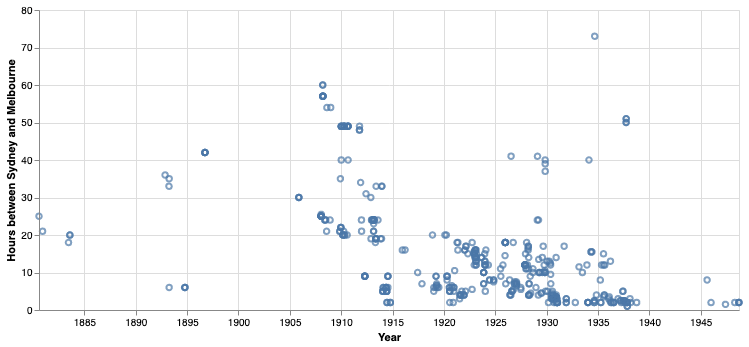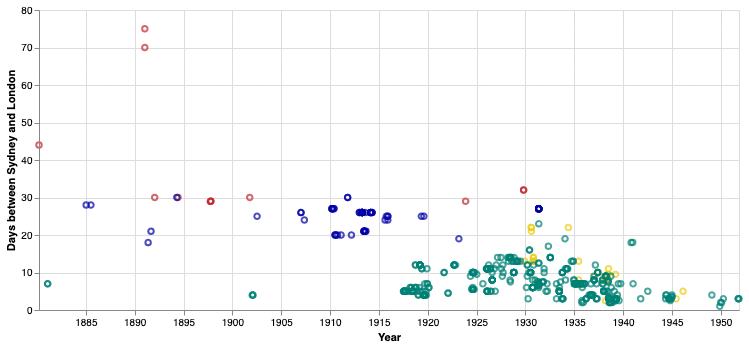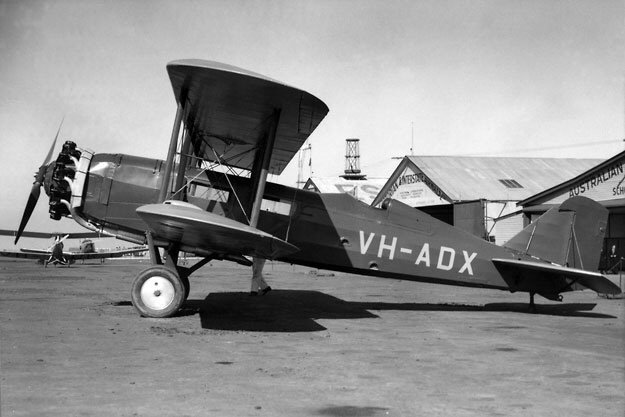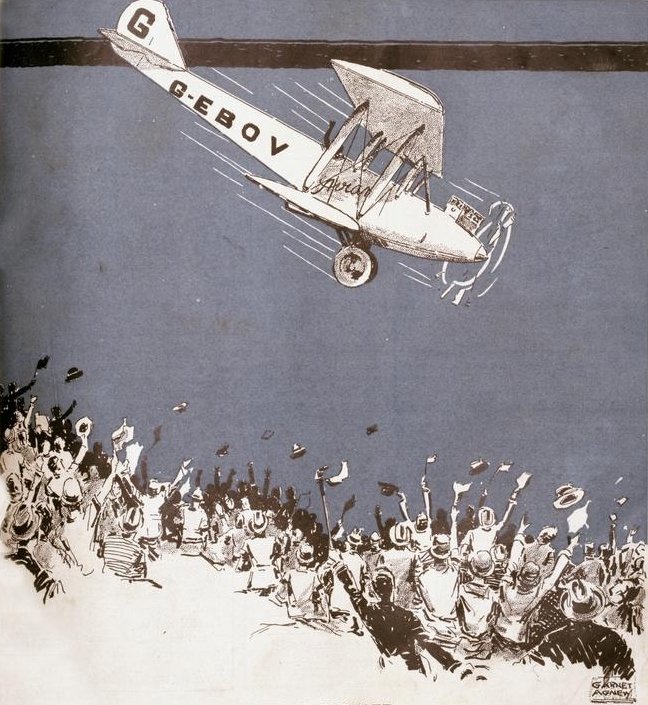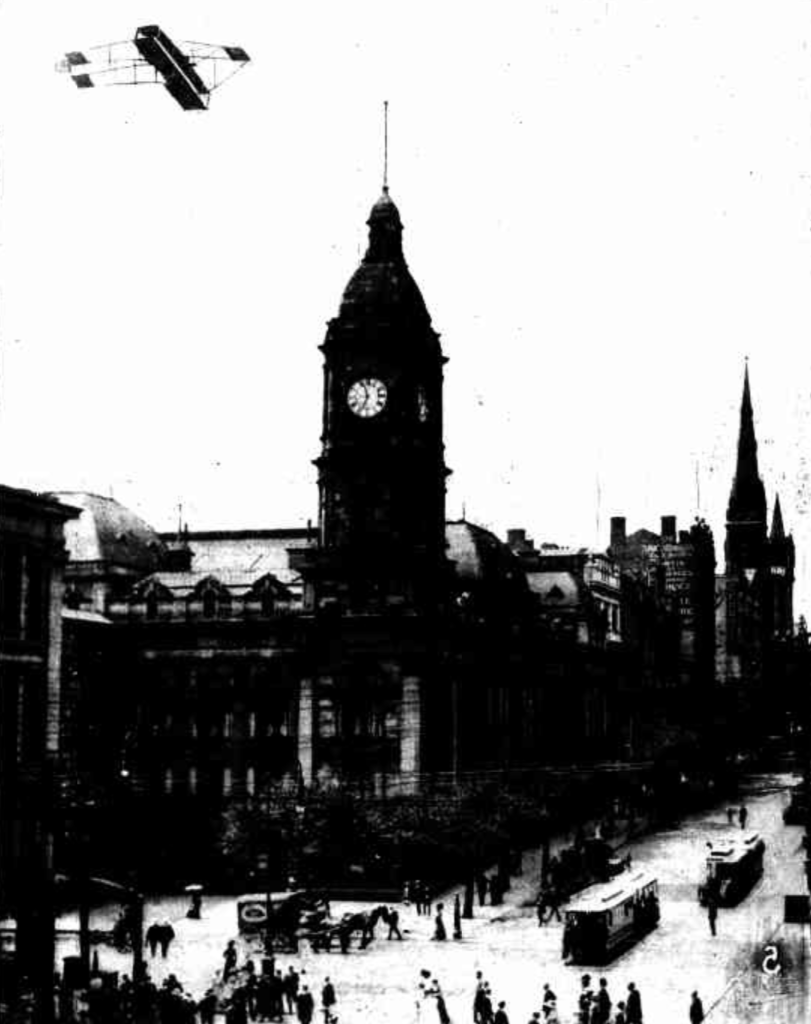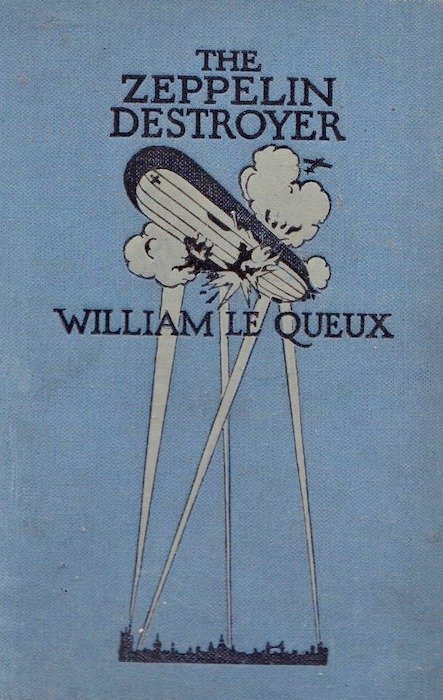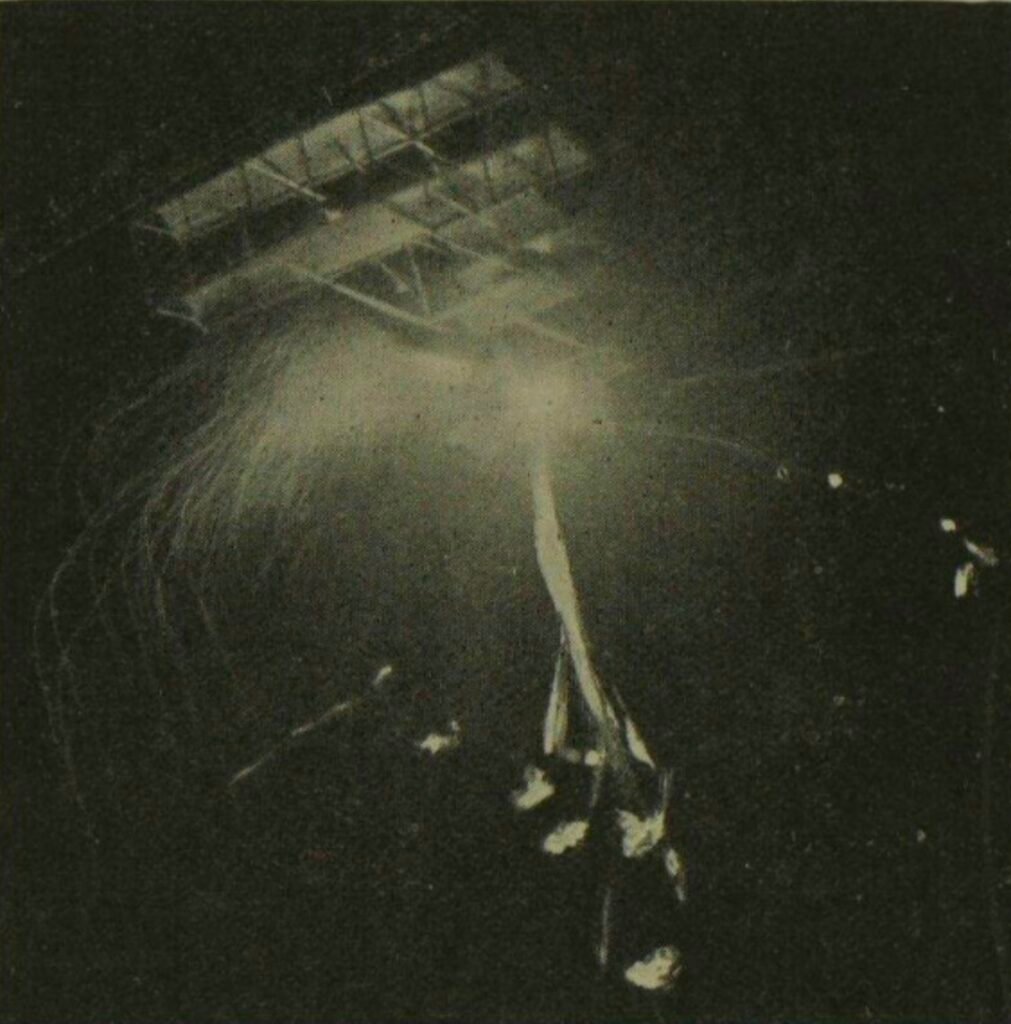Breaking the tyranny of distance revisited — II
One thing we were curious to try with hota-time is to see whether the idea and the code could be applied beyond looking at London-Sydney travel times. And it can! Here is the output for Melbourne-Sydney travel times, in hours rather than days: Lots of data points, roughly the same as for the London-Sydney plot. […]


